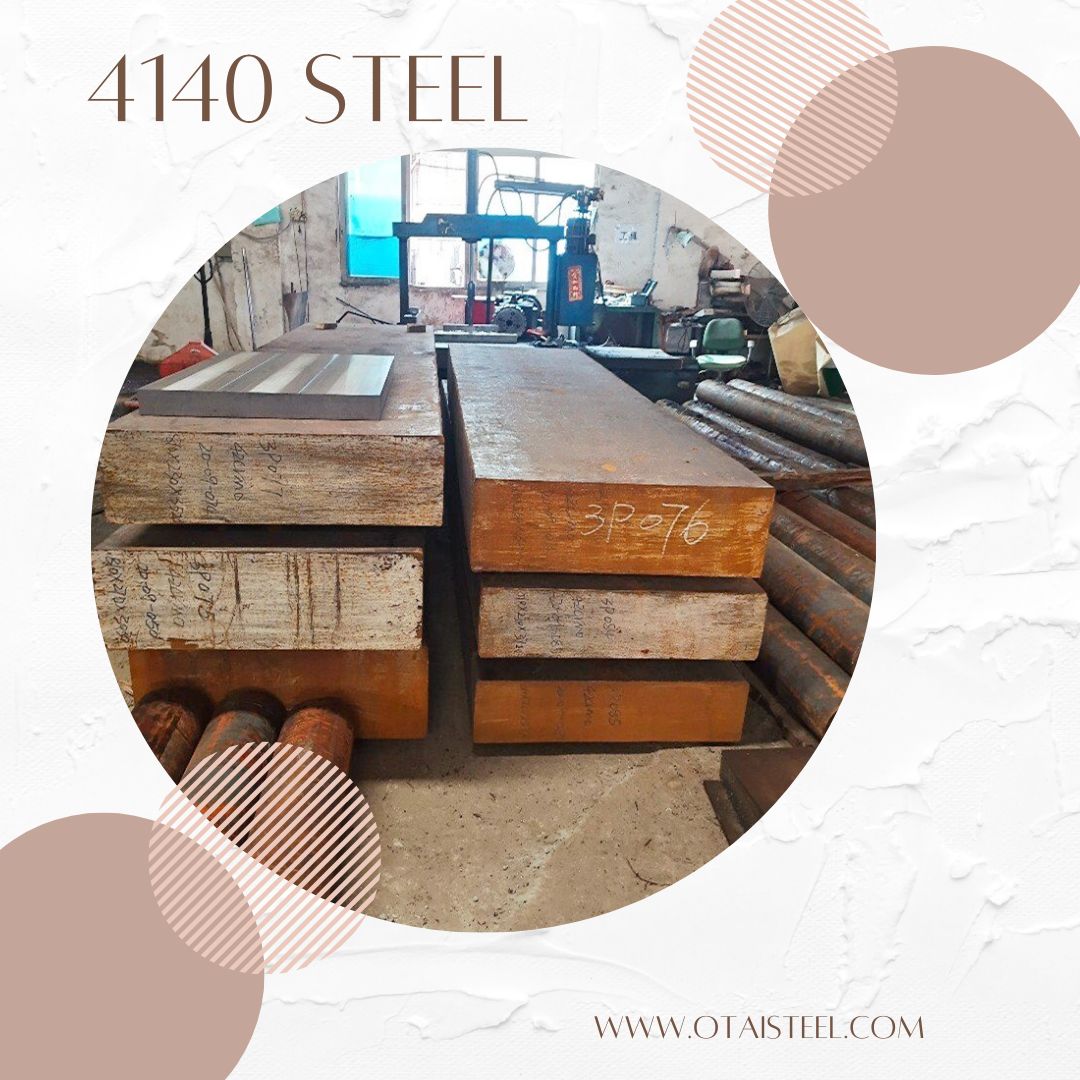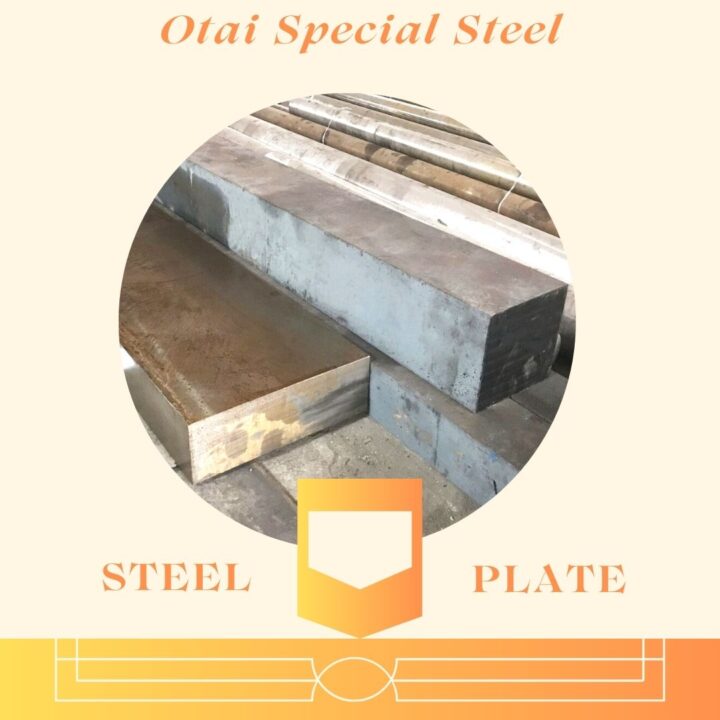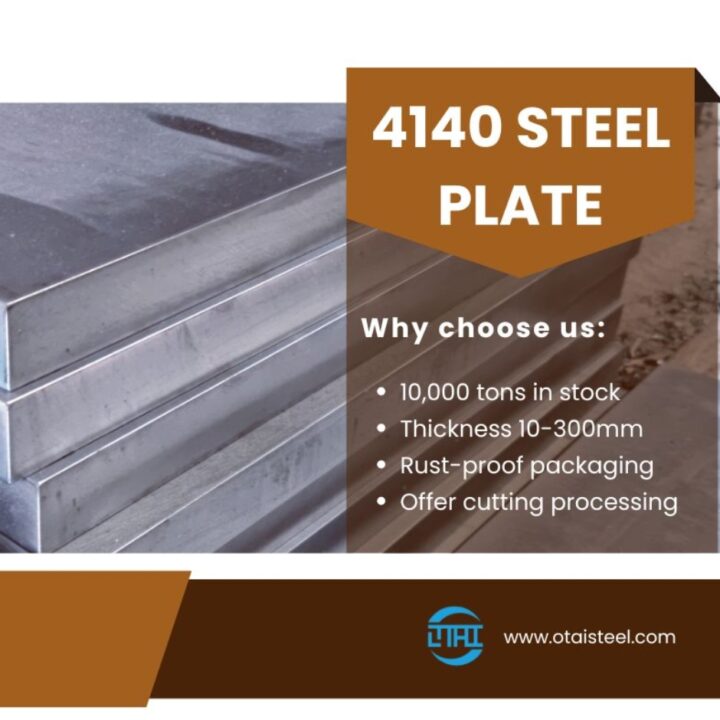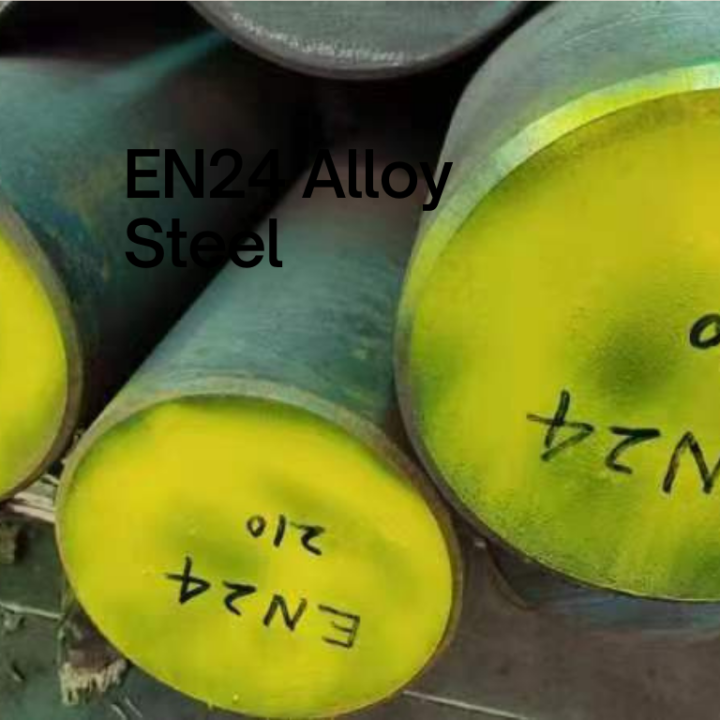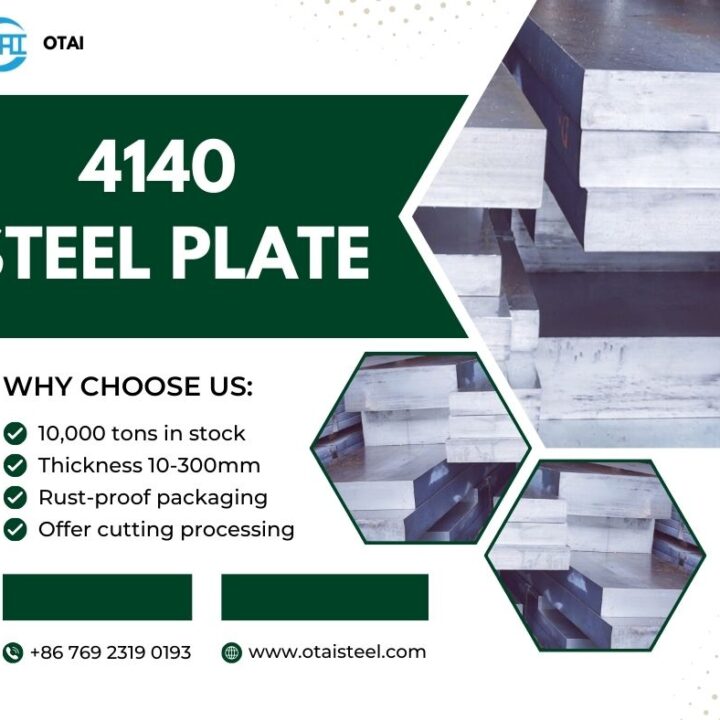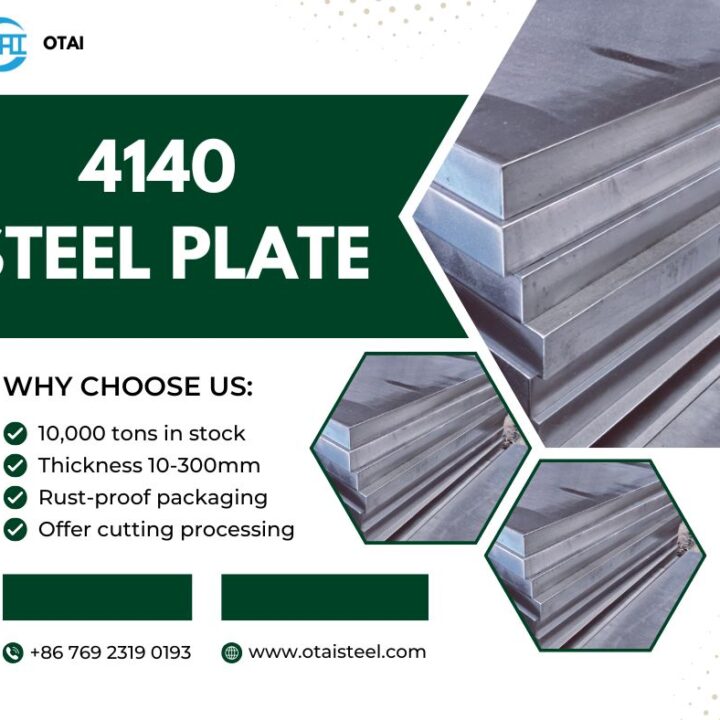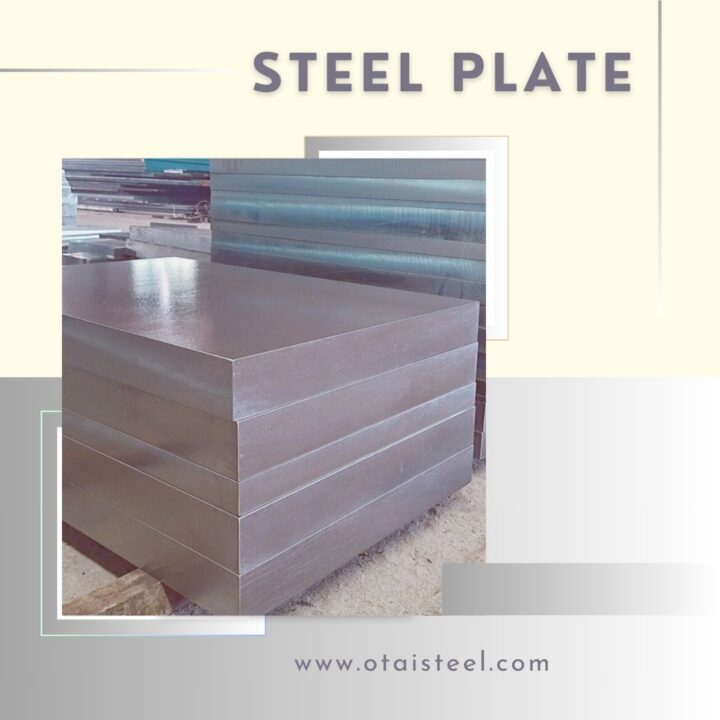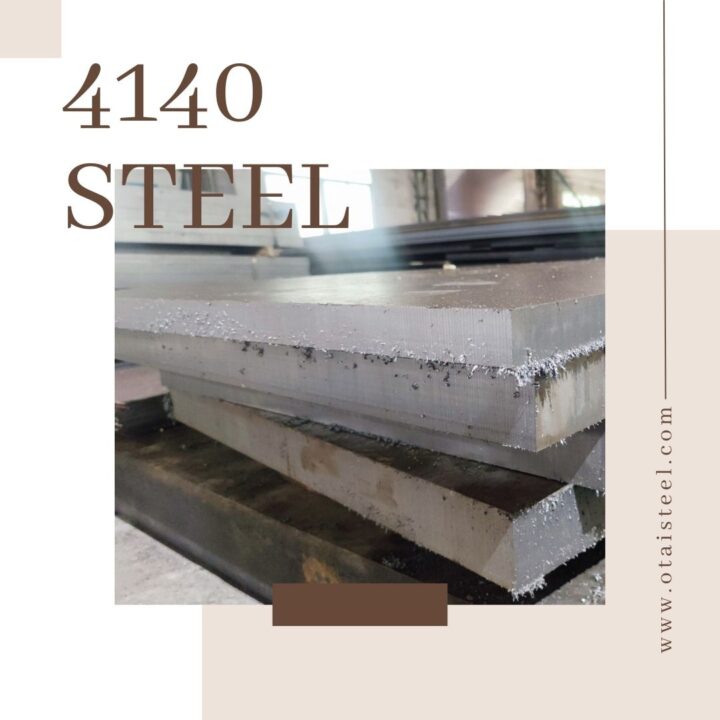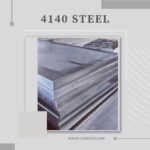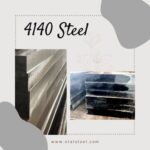Environmental and Sustainability Considerations for 4140 Steel Production
The production of 4140 steel, like any industrial process, must take into account environmental and sustainability concerns. Here are some factors to consider:
- Energy consumption: Steel production requires a lot of electricity and fuel. In order to reduce the environmental impact of steel production, it is recommended to use energy efficient processes and to use renewable energy sources whenever possible.
- Raw materials: The production of 4140 steel needs iron ore, coal, limestone and other raw materials. It recommends using sustainable energy sources and ensuring that waste and emissions are minimized in the production process.
- Water: Steel production requires a lot of water. It is important to minimize water use and treat wastewater appropriately to reduce environmental impact.
- Waste Management: Steel production generates waste, including slag and dust. It is important to manage these wastes properly to minimize their impact on the environment.
- Emissions: Steel production is a significant source of greenhouse gas emissions, especially carbon dioxide. Processes and technologies that reduce emissions, such as carbon capture and storage, are recommended.
- Transport: The transport of raw materials and finished products has a significant impact on the environment, particularly in terms of emissions. It is recommended that transport distances be minimised and that low emission modes of transport be used wherever possible.
The production of 4140 steel, like any industrial process, must take into account environmental and sustainability concerns. The environmental impact of steel production can be minimized by using energy efficient processes, sustainably sourcing raw materials, minimizing water and waste, reducing emissions, and optimizing transportation.
